Latest

January 27, 2022
Yukon Beringia Interpretive Center Livestream
Yukon Beringia Interpretive Center
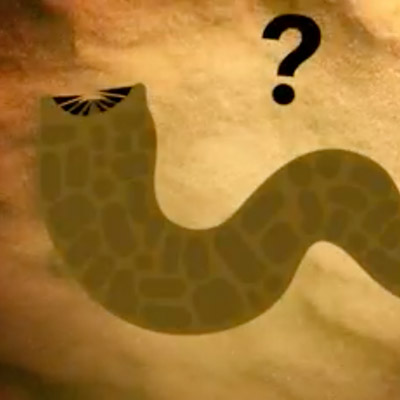
December 1, 2021
Could a "Dune" Sandworm Exist in Real Life?
Could a "Dune" Sandworm Exist in Real Life?
Sandworms are a staple of sci-fi. But there are ecological and evolutionary limits to consider when deciding if a species like that featured in Dune could actually exist.
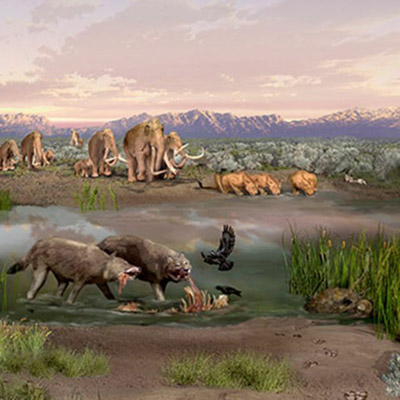
September 15, 2021
UNM researcher studies ancient mammals to examine Earth's present and future
UNM researcher studies ancient mammals to examine Earth's present and future
When Felisa Smith, professor of Ecology and Evolutionary Biology at The University of New Mexico, explains what her new book is about, she quotes Churchill and Shakespeare. The book, Mammalian Paleoecology: Using the Past to Study the Present, will be released this month by Johns Hopkins University Press.
Featured
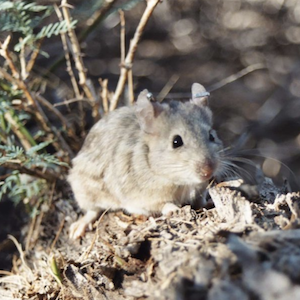
August 13, 2019
BBC Radio 4: The Power of Petite
The Power of Petite
Bigger is better, right? An ancient lore in biology, Cope’s rule, states that animals have a tendency to get bigger as they evolve. Evolution has cranked out some absolutely huge animals. But most of these giants are long gone.
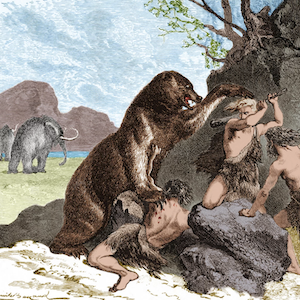
April 19, 2018
NPR: New Study Says Ancient Humans Hunted Big Mammals To Extinction
New Study Says Ancient Humans Hunted Big Mammals To Extinction
Over the past 125,000 years, the average size of mammals on the Earth has shrunk. And humans are to blame. That's the conclusion of a new study of the fossil record by paleo-biologist Felisa Smith of the University of New Mexico. Smith studied fossils going back 65 million years, when dinosaurs died and mammals came into their own.
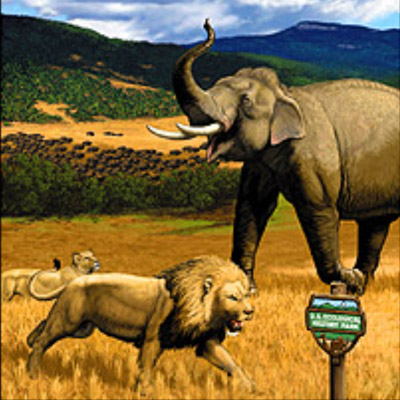
August 18, 2005
Big game 'could roam US plains'
Big game 'could roam US plains'
If a group of US researchers have their way, lions, cheetahs, elephants and camels could soon roam parts of North America, Nature magazine reports. The plan, which is called Pleistocene re-wilding, is intended to be a proactive approach to conservation.
